May 6-8, 2021, the Tenth Annual RefoRC Conference on Early Modern Christianity will take place in Budapest, hosted by the Research Centre for the Humanities.
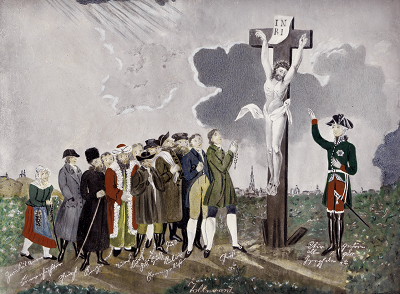
The concept of Long Reformation has entered the terminology of Reformation historiography during the 1990s. Since its very first mention it has been employed to describe novel approaches to Reformation history, or to re-evaluate some of the findings of the scholarship. This conference seeks to reflect upon Long Reformation not only as a tool of historical periodization, but as a possibility to revisit those cultural, social, and theological issues that had been shaping Reformation from 1400 to 1800 all over Europe. It intends to reiterate the conviction that Reformation was not an abrupt change, but an era of multifaceted transfers, translations, and complex transformations.
Thus this conference aims to explore three major thematic perspectives in the plenary lectures:
Long Reformation as a critical tool assessing the historical writing of Reformation would provide new perspectives regarding the making of Reformation as an era on both macro and micro-levels. Papers critically reflecting on the relation between Early Modern Christianity and Reformation(s) with all their historiographic implications are in particular welcome.
The significance of Long Reformation consists in changing the scale of analysis as it adds some 150 years to the period of Reformation. Thus certain social and cultural processes of transformation originating from Reformation, but unavoidably brought to a close by 1650s could be revisited and evaluated in the context of a longer period of time.
Long Reformation (1400–1800) implies unavoidably the reformation and transformation of medieval and early modern media not only as technologies but means to create literary texts, work of arts and music. Thus, experts of early modern art history and musicology are encouraged to contribute with papers reflecting on multiconfessional devotion expressed in contemporary works of art and musical culture.
This conference is part of the research agenda of the Long Reformation in Eastern Europe (1500–1800) research project supported by HAS and RefoRC.
Long Reformation (ca. 1400–1800): Confessions, Cultures, and Societies.
Plenary speakers are Gabriella Gilány (Budapest), James Kelly (Durham), Erica Kiss (Budapest), Volker Leppin (Tübingen), Alec Ryrie (Durham), Zsombor Tóth (Budapest), and Anna Vind (Copenhagen).
The conference is open to individual short paper presentations (20-minute presentations) and to thematic sessions of two or three short papers. While we encourage papers on the conference theme, papers can also focus on all disciplines related to Early Modern Christianity, ca. 1450-1650, such as philosophy, law, history, theology, etc., independent of the theme of the plenary papers.
Your proposal will be reviewed by the organizers and you will be notified of the outcome within two weeks following the receipt of your proposal.
It is also possible to attend the conference without giving a paper.
Short paper submission has closed now.
Registration becomes effective on receipt of payment of the registration fee. If your short paper proposal has been accepted, please see to it that the amount of the registration fee is on our account before March 1, 2021, so that we can include your paper in the program. Registration closes on May 5, 2021.
The Tenth Annual RefoRC conference planned for May 6-8, 2021 in Budapest will be a hybrid event: it can be attended both in-person and virtually. You can indicate your preference in the registration form. If you have already registered, we will ask you about your preference.
Regular updates concerning the Coronavirus in Hungary can be read on this official website of the Hungarian government.
The language of the conference is English, papers in French and German will also be welcomed. Presenters who prefer to give their paper in French or German are invited to provide the audience with an English summary of about 150-200 words.
The conference volume will be published by Vandenhoeck & Ruprecht in the series Refo500 Academic Studies (R5AS) and will contain all the plenary papers and a selection of short papers. Another publication venue is the Journal of Early Modern Christianity (JEMC).
Manuscripts for the conference volume can be submitted to the editor Zsombor Tóth. All other manuscripts can be submitted to editor-in-chief of the JEMC, Wim François.
Editors will decide on publication.
Visual: Reproduction: Wien Museum, Peter and Birgit Kainz, Allegorie auf das Toleranzpatent Josephs II. vom 13. Oktober 1781
Research Centre for the Humanities
Budapest 1097
Tóth Kálmán utca 4.
Hungary
All conference rooms are equipped with an overhead projector and laptop to enable you to give powerpoint and audio presentations.
You may bring a USB-stick or other portable memory device containing your presentation, or interface directly using your laptop.
Papers may be in the form of a video recorded presentation, e.g. for scholars in time zones that make live presentations complicated. You may want to contact the organizers if you prefer to offer a video recorded presentation. Information on criteria for video presentations will soon be available.
All sessions will be recorded. The video recordings will be accessible shortly after the conference.
Refo500 partner, € 70.00
Non-Refo500 partner, € 95.00
Student, Refo500 partner, € 50.00
Student, non-Refo500 partner, € 75.00
The registration fee includes the subscription to the Journal of Early Modern Christianity 2021 (two issues), coffee and tea breaks and a reception.
Refunds will be made for written cancellations received before March 1, 2021, less a € 30.00 processing fee.
Short Paper Submission: March 1, 2021.
Registration: May 5, 2021.
In-person participants of the conference are responsible for making their own hotel booking. In Budapest you will find a lot of lodging possibilities, however, early booking is recommended. Further below we collected a selection of lodgings:
Mamaison Residence Izabella Budapest
The Mamaison Residence is in the 6th district of Budapest, near the Andrássy Avenue. The conference venue is approximately 30‒40 minutes away with public transportation (Tram 4‒6, Tram 2)
The Stories Hotel Budapest is a concept boutique hotel in the Király Street. The conference venue is approximately 30 minutes away with public transportation (Tram 47, 49, 2, Subway 3)
Corvin Hotel Budapest is located in the 9th district, Angyal Street. The conference venue is approximately 20 minutes away with public transportation (Tram 51).
Leonardo Boutique Hotel Budapest – M Square
Leonardo Hotel is located in the heart of the city, at the Madách Square. The conference venue is approximately 30 minutes away with public transportation.
Casati Budapest Hotel Superior
Casati Hotel is located in the 6th district, in the Paulay Ede Street. The conference venue is approximately 30 minitues away with public transportation.
Brody House is located in the Palace District, in the Bródy Street. The conference venue is approximately 30 minutes away with public transportation. Update January 2021: the Brody House is fully booked.
The hotel is located in the centre of Budapest, near the Saint Stephen’s Basilica, in the Hercegprímás Street. The conference venue is approximately 30 minutes away with public transportation.
The Three Corners Hotel Anna is located in the 8th district near the Blaha Lujza Square. The conference venue is approximately 30 minutes away by public transportation (Tram 4‒6, Tram 2).
Central Hotel 21 is located in a quiet street in the 8th district. The conference venue is approximately 20 minitues by public transportation (Tram 4‒6, Tram 2).
Bank and exchange offices are located all over the city. The currency of Hungary is the Hungarian forint. Although some of the shops accept euros, it is recommended to exchange to the local currency. Most of the shops accept major credit cards. ATMs are widely available in the city.
Electricity in Hungary is 230V AC. Plugs are European standard.
The nearest post office is a 5‒10 minute walk from the conference venue (located at Soroksári Street 38‒42, 1097, Budapest IX).
Opening hours: 8.00‒16.00.
Currently restaurants are closed. However, we have a solution for that, so that you can have lunch or dinner safely.
Shops in Budapest are usually open from Monday to Friday, from 10.00‒18.00 (Saturdays 10.00‒15.00). Supermarkets and department stores are open till 21.00 on weekdays and 18.00 on the weekend. Prices are usually quoted in forint. Most shops accept all major credit cards (especially Visa, MasterCard and American Express).
The airport is located 16 kms southeast of the center of Budapest, and offers direct international flights mainly to Europe.
Bus fare can be paid cash (HUF). Ticket machines are also available at the airport, which accept cash (HUF) and also credit cards. The tickets can be purchased also via mobile app (airport shuttle tickets, 24 and 72 hours Budapest-tickets). For more information, please check here.
Individual taxi services are available at the airport.
The conference venue is located in the IX. district of Budapest, which can be easily reached by tram (Tram 24, or Tram 2).
Regular updates concerning the Coronavirus in Hungary can be read on this official website of the Hungarian government.
If you are travelling from abroad to Hungary we can inform you, that in the case of a business trip there is no need to quarantine or to show a negative COVID-19 test. You only need to have a completed certificate with you, which you can download here.
For questions related to registration and payment, you may send an e-mail to: reforc2021@reforc.com.
For all other questions, please contact: longreformation@abtk.hu
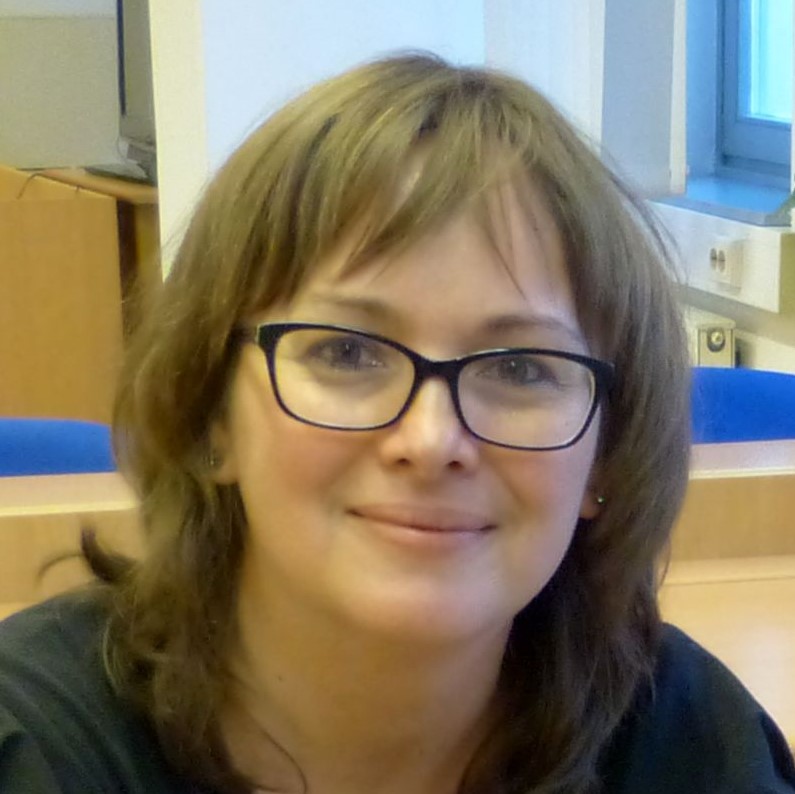
Gregorian Chant from Transylvania in the Context of Reformation. Reconstructing a Destroyed Musical Corpus from Codex Fragments
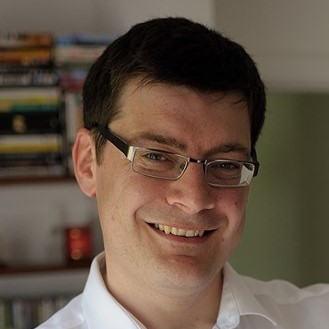
The Never-ending Story: England and the Implementation of the Catholic Reformation
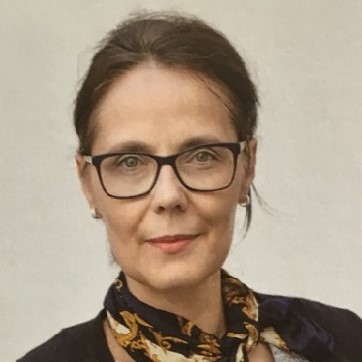
Objects as Witnesses: Articulating Confessional Identity during the Long Reformation

Devotion Inward and Outward. A Tension in Christian Spirituality from the Late Middle Ages to the 18th Century
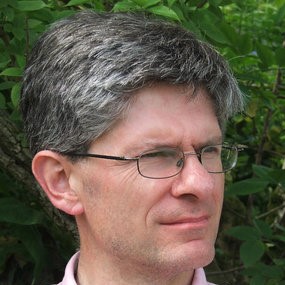
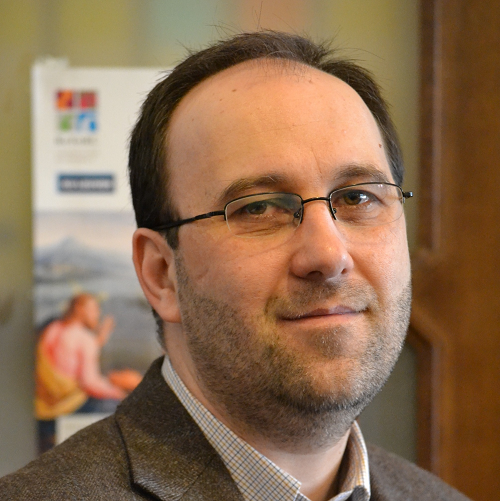
Long Reformation, Manuscript Culture, and Confessional Hybridity in Eastern Europe: Focus on the Eighteenth Century

The Aesthetic Imprint of Theological Thinking in the 16th and 17th Century